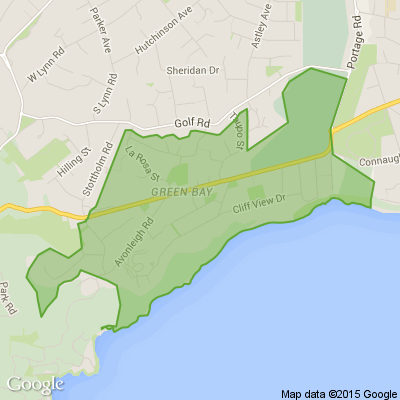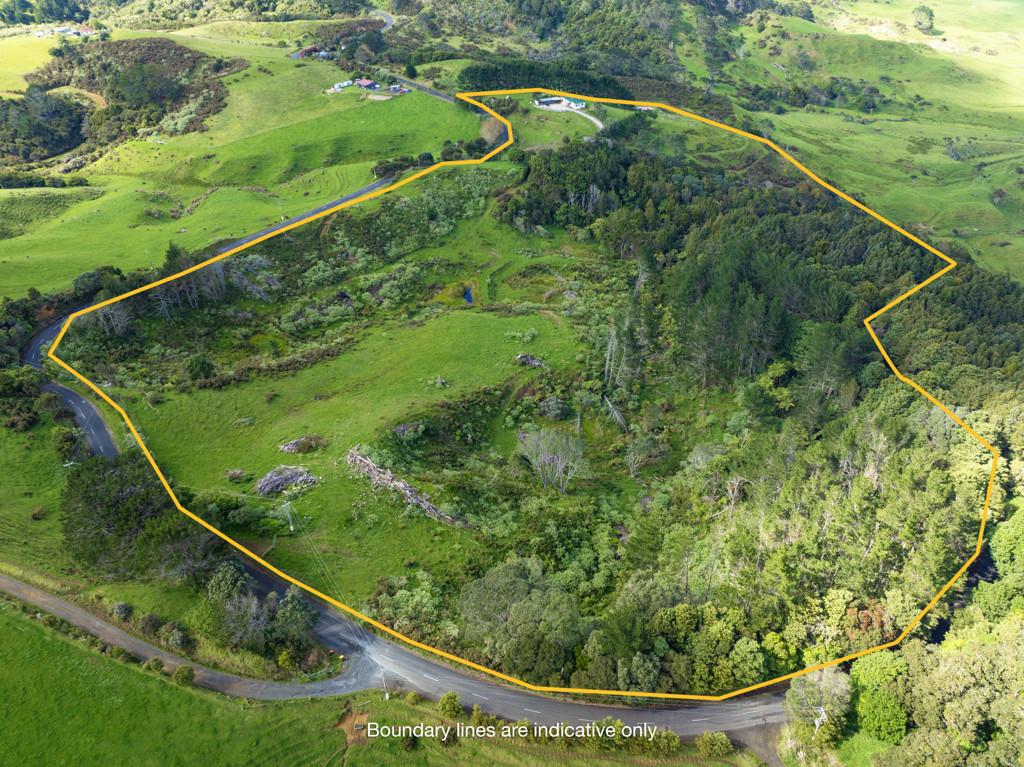Jacinda Ardern floats four-day working week as part of recovery
Jacinda is floating the idea of a four-day working week to help boost domestic tourism, productivity and employment in the wake of the Covid-19 crisis. The Prime Minister has flagged the idea of using the shorter working week and additional public holidays as part of a "nimble" and creative approach to resuscitating the economy. Ardern pointed out the pandemic had taught Kiwis much about productivity as workers adjusted to lockdown. "I hear lots of people suggesting we should have a four-day work week," she said in a Facebook Live video.
"Ultimately, that really sits between employers and employees. But as I've said there's just so much we've learnt about Covid and that flexibility of people working from home, the productivity that can be driven out of that," Ardern said. "Think about if that's something that would work for your workplace, because it certainly would help tourism all around the country." New Zealand's ambitious plan to "eliminate" coronavirus involved the early and aggressive lockdown and travel bans. As early as April 27 Ardern claimed we had "won the battle" after four weeks of heavy restrictions. "There is no widespread undetected community transmission in New Zealand," she said. "We have won that battle. But we must remain vigilant if we are to keep it that way." On May 11 schools (limited classes) and offices reopened, followed by restaurants and cafes. Strict social distancing measures in cafes meant Ardern herself was turned away from dining only to be chased down the road by the owner and offered a seat when one became safely available.
International borders remain closed but with Kiwis now free to travel within the country, tourism operators and airlines ramping up services to meet rapidly growing demand. A three-day weekend and extra holidays could provide a significant boost to business.
In 2018, Perpetual Guardian moved to a four-day week, while retaining five-day pay, for a two-month trial found the change boosted productivity among its 240 employees. Perpetual, which manages trusts, wills and estates, found that staff spending more time with their families, exercising, cooking and gardening, returned to work enthusiastic and energetic. Workers said the change motivated them to use new ways to increase productivity while in the office, including reducing meeting times from two hours to 30 minutes. Other companies around the world have reported similar outcomes. In August 2019, Microsoft Japan tested a four-day week and saw productivity increase by about 40 per cent. The experiment also saw a 23 per cent reduction in weekly electricity use in the office and a 59 per cent decrease in the number of pages printed by employees. New Zealand's strict seven-week lockdown has been praised around the world for stopping the spread of Covid-19 in its tracks, with the nation of five million people now having 35 active cases and just one coronavirus patient in hospital. In total, New Zealand has had 1153 Covid-19 cases and 21 deaths. But strict travel bans have meant tourism and hospitality sectors, which play a vital role in the economy, have been hard hit. Between March 2018 and March 2019 tourism generated NZ$16.2 billion, 5.8 per cent of the country's GDP. The indirect value added by industries supporting tourism generated an additional NZ$11.2 billion. Representatives of the industry, which prior to the crisis employed about 230,000 people, met with the prime minister on Tuesday. After these talks, Ardern said working from home during lockdown had shown how productive employees could be if given more flexibility.
=========================================================
Poll: Is it rude to talk on the phone on a bus?
Buses can be a relaxing way to get home if you have a seat and enough space. However, it can be off-putting when someone is taking a phone call next to you.
Do you think it's inconsiderate for people to have lengthy phone calls on a bus? Vote in the poll, and add your comments below.

-
64.1% Yes
-
33.5% No
-
2.4% Other - I'll share below
Unlock the Answer: Today’s Riddle is Trickier Than You Think!
What English word retains the same pronunciation, even after you take away four of its five letters?
Do you think you know the answer to our daily riddle? Don't spoil it for your neighbours! Simply 'Like' this post and we'll post the answer in the comments below at 2pm.
Want to stop seeing riddles in your newsfeed?
Head here and hover on the Following button on the top right of the page (and it will show Unfollow) and then click it. If it is giving you the option to Follow, then you've successfully unfollowed the Riddles page.

BLOCKHOUSE BAY MARKET
COME AND JOIN US AT BLOCKHOUSE BAY MARKET, SUPPORT YOUR LOCAL COMMUNITY, BUY NZ MADE, FIND A BARGAIN, PLEASE BRING CASH AS MOST VENDORS DI NOT HAVE EFTPOS OR SUCH. FREE PARKING OPPOSITE AT MEDICAL CENTRE OR BEHIND COMMUNITY CENTRE!









 Loading…
Loading…











